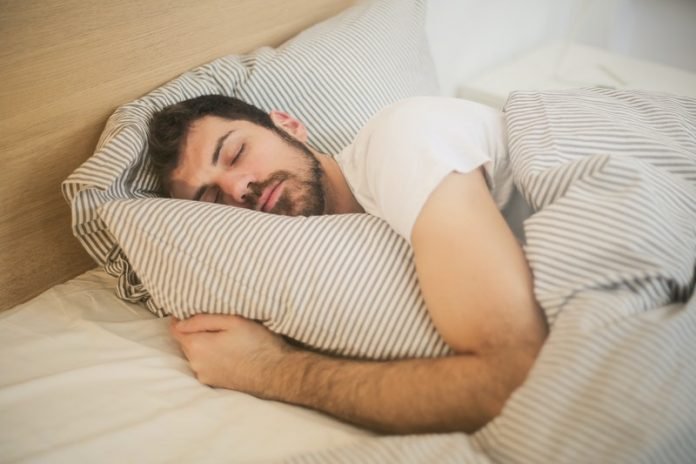
With the roll out of COVID-19 vaccines now underway, University of South Australia sleep experts are urging people to reprioritise their sleep, as getting regular and sufficient sleep is known to boost your immune system.
In Australia, four in every ten people suffer from a lack of sleep. Globally, around 62 percent of adults feel that they don’t sleep well when they go to bed.
UniSA sleep and fatigue researcher, Dr. Raymond Matthews, says sleep is an essential factor for maintaining good health and wellbeing, especially during the pandemic.
“At the moment, we’re all very focussed on staying healthy—sanitizing our hands and keeping socially distanced—but what many people forget is that sleep plays an essential role in our overall health,” Dr. Matthews says.
“Sleep plays a vital role in our body’s immune system. When we get enough sleep, our white blood cells can more efficiently fight invading bacteria or viruses.
But when we cut back on sleep, the reverse happens, our white blood cells are reduced, and we end up with a compromised immune system.
“For example, one laboratory study, restricted sleep of healthy participants to four hours a night for six nights before administration of an influenza vaccine.
Up to 10 days later, the sleep-deprived individuals possessed half the number of vaccine antibodies than the non-sleep-deprived controls.
“Understanding the importance of sleep is critically important, especially now, as Australia starts to administer COVID-19 vaccines.”
With World Sleep Day acknowledged this Friday 12 March, Dr. Matthews says it’s a timely reminder to pay closer attention to our sleep routines.
“We’re urged to get at least eight hours of sleep a night, but with the daily pressures of work, school, and family life, it’s often too easy to sacrifice,” Dr. Matthews says.
“If you’re struggling to get a good night’s sleep, there are things you can do:
choose light, rather than heavy meals in the evening
keep your bedroom dark, cool and quiet
avoid bright light in the evening—especially light from phones and devices—and make sure you get enough sunlight in the morning
exercise during the day
avoiding cigarettes, caffeine, and alcohol.
“Having a relaxing a bedtime routine can help. This could include turning the TV off earlier, or reading a book in bed, but really, it’s whatever makes you feel calm and comfortable.
“Of course, if you find you just can’t sleep, sometimes it’s best to get up and do something relaxing until you start to feel tired.
“These times are no doubt challenging, but sound sleep is something we should all prioritise, especially during COVID-19.”



